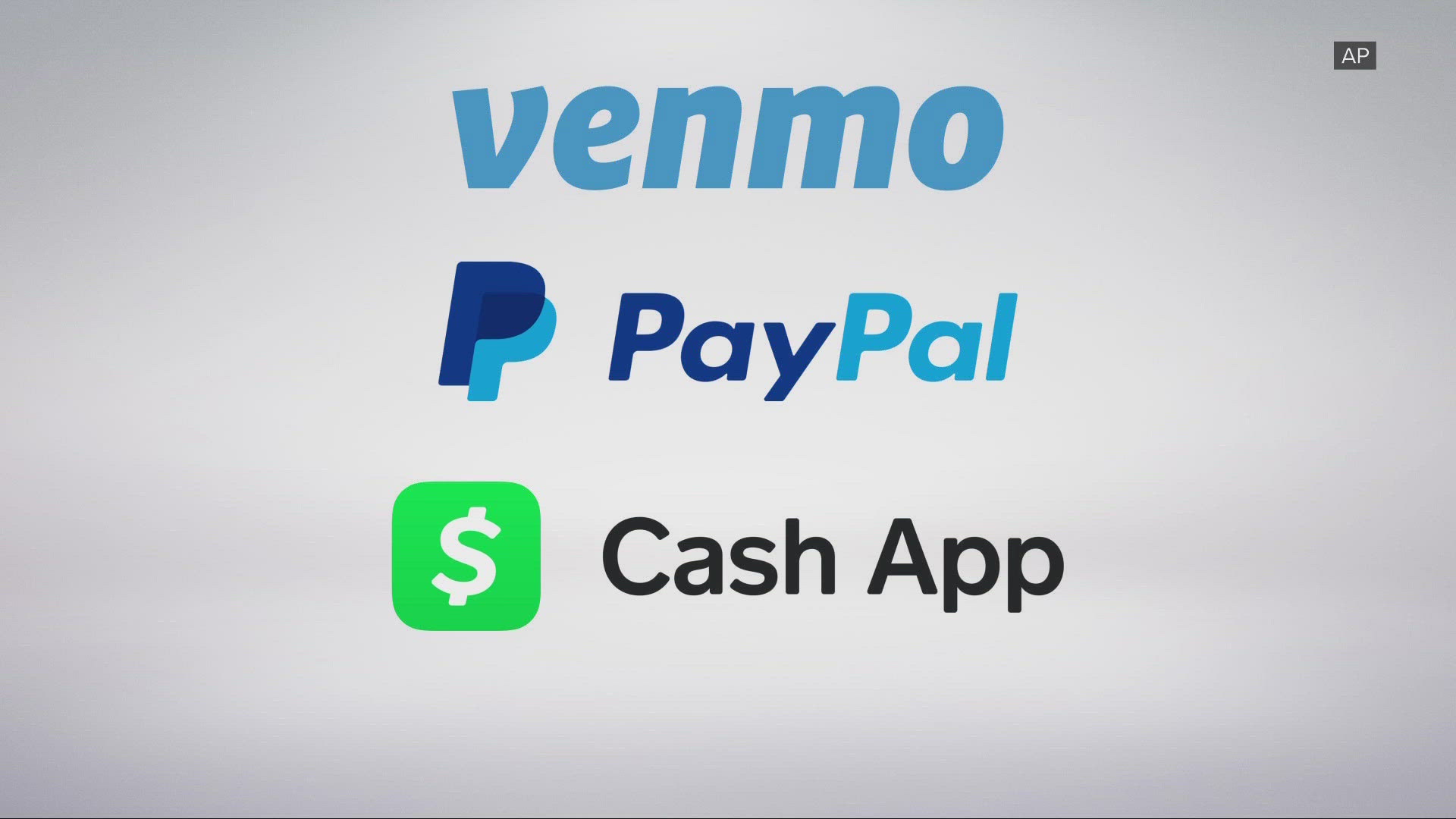COLUMBUS, Ohio — When was the last time you had cash on you to split a meal with a friend? It’s not uncommon to skip the ATM and send the money from peer-to-peer payment (P2P) apps.
As convenient as it is to hit send or receive, remember the risks to keeping money in those accounts.
A survey from NerdWallet said about four in five people use mobile payment apps, which include services like Cash App, PayPal, Venmo and Zelle.
It’s a convivence that personal finance expert Elizabeth Ayoola says makes the apps grow in popularity.
“Two of the benefits are that it can send money quickly. You don't have to do a wire transfer necessary to do that, “ said Ayoola. “The second thing is that the fees can be relatively low, especially if you're not sending the money in the same day.”
Many people keep a balance in their accounts, which can be a risk to users.
On average, users keep up to $287 in their apps and nearly half of users keep more than $100. Only 32% of people say they immediately transfer the money into their bank account, according to NerdWallet.
Ayoola says that’s not always the best idea and the money that you leave idly in there might be invested in the stock market, which is a benefit the user won’t see.
Then there is safety. What happens to your money if your account gets hacked?
“These peer-to-peer apps, a lot of the time are not FDIC insured,” said Ayoola. “It means that if the app goes bust and it goes bankrupt, or if it's not in business anymore, all of your money could essentially be gone.”
She recommends using multi-factor authentication, changing passwords or pins often and transferring the money immediately so you can put it in a high-yield savings account.
“It’s low risk, it's not investing. It's just somewhere that houses your money and you basically get passive income just from having your money sit in there," said Ayoola. “I know with the Fed cutting interest rates, some people may think that they're not valuable anymore, but they are.”

